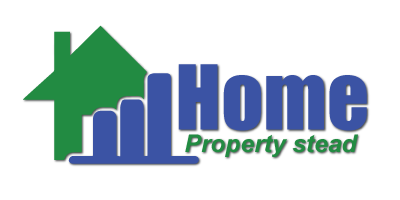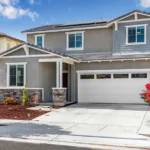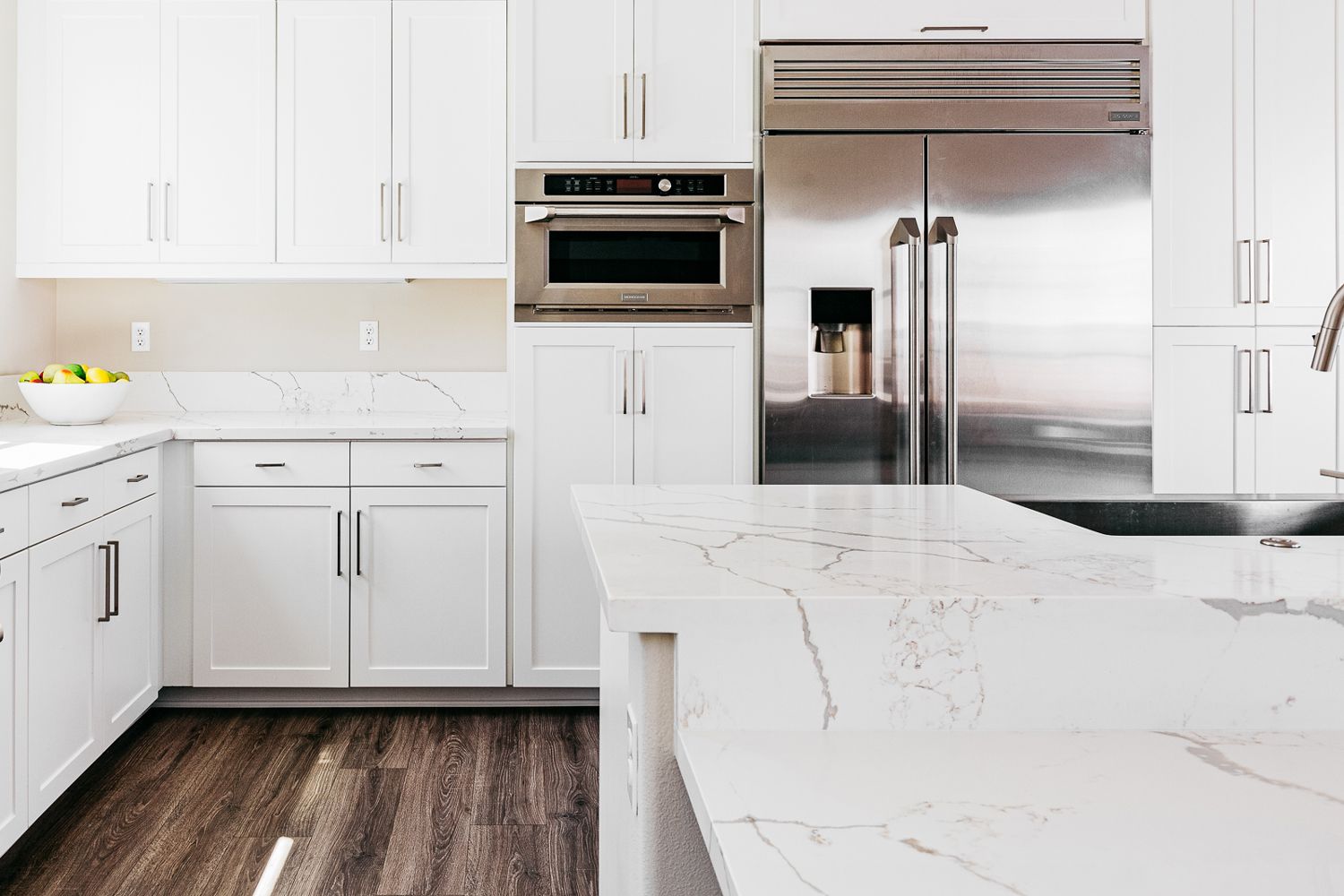When Sarah and Jason decided it was time to sell their home in a quiet suburban neighborhood, they were excited but also nervous about the process. Having bought the house ten years earlier, they knew the real estate market had changed significantly since then. While they had a rough idea of their home’s value, they wanted a more accurate estimate to help guide their pricing strategy. As they browsed through countless online valuation tools, they came across ownerly com house value a service promising a detailed estimate of their home’s worth. “Can we trust an online tool for something this important?” Jason asked. With curiosity piqued and a sense of urgency in the air, they decided to give Ownerly a try.
As Sarah and Jason quickly discovered, estimating the value of your home is a crucial step in any real estate transaction. Whether you’re selling, refinancing, or just curious about your home’s current market value, it’s essential to have a reliable and accurate estimate. That’s where platforms like Ownerly.com come into play.
Ownerly provides a streamlined and easy-to-use tool for homeowners looking to get a quick estimate of their home’s value. This article will explore how Ownerly.com works, what makes it different from other online real estate tools, and how accurate it is compared to traditional home valuation methods.
How Does Ownerly.com Work?
ownerly com house value is an online real estate platform designed to give homeowners a quick and relatively accurate estimate of their home’s market value. The website gathers data from multiple sources, including public records, recent property sales, and comparable homes in the area (“comps”). Ownerly’s algorithm calculates an estimate, or “Ownerly Estimate,” for a particular property using this data.
The process for obtaining a home value estimate is simple:
- Please enter the Address: Users input their home’s address into Ownerly’s search bar.
- Review Property Data: Ownerly pulls available property data, including the home’s square footage, number of bedrooms and bathrooms, lot size, and more.
- Receive an Estimate: Ownerly provides an estimated market value after analyzing recent sales data for similar homes in the area and other market factors.
According to the company, the platform aims to provide homeowners with a fast, convenient, and easy way to check their home’s value—whether they are preparing to sell or simply curious about their property’s worth.
The Accuracy of Online Home Valuation Tools
Due to their convenience, online home valuation tools, often called “automated valuation models” (AVMs), have become popular over the past decade. While tools like Ownerly.com, Zillow’s Zestimate, and Redfin’s Estimate provide quick value estimates, their accuracy can vary significantly.
A study by the National Association of Realtors (NAR) found that the median error rate for AVMs is about 5% for homes on the market and 7.5% for homes not listed for sale. (Source: National Association of Realtors, 2023) This means that for a home with an estimated value of $300,000, the actual sale price could be anywhere from $285,000 to $315,000, depending on factors like market fluctuations, unique property features, and demand in the area.
Ownerly.com leverages similar data sources as other AVM platforms, but its differentiation lies in its partnership with real estate professionals and optional paid services for in-depth reports. These reports can include more detailed market analyses, comps, and historical sales data, offering a more thorough look at a property’s potential market value.
What Affects the Accuracy of Home Value Estimates?
Several factors can influence the accuracy of a home value estimate, whether it’s generated by Ownerly or any other AVM tool. Here are a few of the critical variables:
3.1. Comparable Sales (Comps)
Comps are one of the most significant data points for determining a home’s value. There are recent sales of similar homes in the same neighborhood, ideally with similar square footage, amenities, and lot sizes. In highly active real estate markets, dozens of recent comps may be available, which can lead to more accurate estimates.
However, in rural or less active markets, the number of comps may be limited, which can skew the estimate’s accurEstimatethermore, AVMs like Ownerly may not always account for nuanced differences between homes that can affect value, such as recent renovations, a desirable school district, or a unique view.
3.2. Market Conditions
Market conditions—whether a buyer’s or seller’s market—play a crucial role in home valuations. During times of high demand (a seller’s market), prices often rise rapidly, while in a buyer’s market, values may drop as buyers have more negotiating power. Realtor.com says housing markets can shift by 10% or more within a year, depending on economic conditions, mortgage rates, and consumer confidence. (Source: Realtor.com Housing Market Report, 2023)
While AVM tools like Ownerly update their databases frequently, they can only sometimes keep up with rapidly changing market dynamics in real time. Homeowners must supplement AVM estimates with professional appraisals or local agents’ comparative market analyses (CMAs).
3.3. Unique Property Features
Automated valuation tools can struggle when accounting for unique property features. For instance, a home with a custom-built pool, extensive landscaping, or solar panels may be worth more than an algorithm predicts. Conversely, homes in disrepair or those needing substantial renovations might be overvalued by an AVM. According to CoreLogic’s study, the average valuation discrepancy for homes with unique features is around 5% to 10%. (Source: CoreLogic Valuation Report, 2023)
This is why, in many cases, homeowners are advised to consider an AVM estimate and a professional appraisal to understand their ownerly com house value
Ownerly vs Other AVM Tools: How Does It Compare?
Ownerly.com is not the only player in the online home valuation space. Platforms like Zillow and Redfin have long been popular go-to tools for homeowners looking for quick property estimates. Let’s take a look at how Ownerly compares:
Zillow’s Zestimate
Zillow’s Zestimate is one of the most well-known AVMs, providing home value estimates for millions of properties across the U.S. According to Zillow, the national median error rate for their Zestimates is 1.9% for on-market homes and 6.9% for off-market homes. (Source: Zillow Zestimate Accuracy Data, 2023)
Redfin Estimate
Redfin’s EstimEstimatems to be one of the most accurate AVMs for homes currently on the market, with a reported median error rate of 2.24% for on-market homes. Redfin’s error rate is closer to 6% for homes that are not listed. (Source: Redfin Estimate Accuracy Report, 2023)
Ownerly’s Value Proposition
Ownerly offers a similar AVM but emphasizes its added features, such as a deeper dive into neighborhood trends, school ratings, and crime statistics. Ownerly provides additional context about their property’s value for homeowners looking for more than just a number, although much of this detailed reporting comes with a subscription fee. The optional premium reports make Ownerly stand out for users seeking a more comprehensive analysis compared to free estimates on Zillow or Redfin.
When Should You Use Ownerly?
There are several scenarios where using Ownerly or a similar AVM can be beneficial:
- Preparing to Sell: If you’re considering selling your home, an Ownerly estimate can give you a ballpark figure before you meet with a real estate agent for a more in-depth analysis.
- Refinancing: Homeowners looking to refinance may want an idea of their home’s value before applying with a lender. While lenders will eventually conduct a formal appraisal, an Ownerly estimate can provide an initial snapshot.
- Curiosity: Many homeowners want to know how their home’s value has changed. An Ownerly report can help track trends in home appreciation and give insight into local market performance.
The Importance of Professional Appraisals
While AVMs like Ownerly.com can provide a quick and convenient estimate, they are not a substitute for a professional appraisal. Lenders require formal appraisals for mortgage approvals, and buyers or sellers often rely on these appraisals to negotiate final sale prices.
A professional appraisal considers far more variables than an AVM can, including the home’s physical condition, the surrounding neighborhood, and current market demand. If you are serious about selling or refinancing, following up on an AVM estimate with a professional appraisal is always a good idea.
Conclusion:
For Sarah and Jason, using Ownerly.com helped them better understand their home’s value in today’s market. While the estimate received was a good starting point, they ultimately worked with a real estate agent to fine-tune their pricing strategy. As the world of real estate continues to evolve, online valuation tools like Ownerly are becoming increasingly valuable for homeowners seeking quick, accessible insights into their property’s worth. However, as with any financial decision, combining these tools with professional advice is essential for accurate results.











